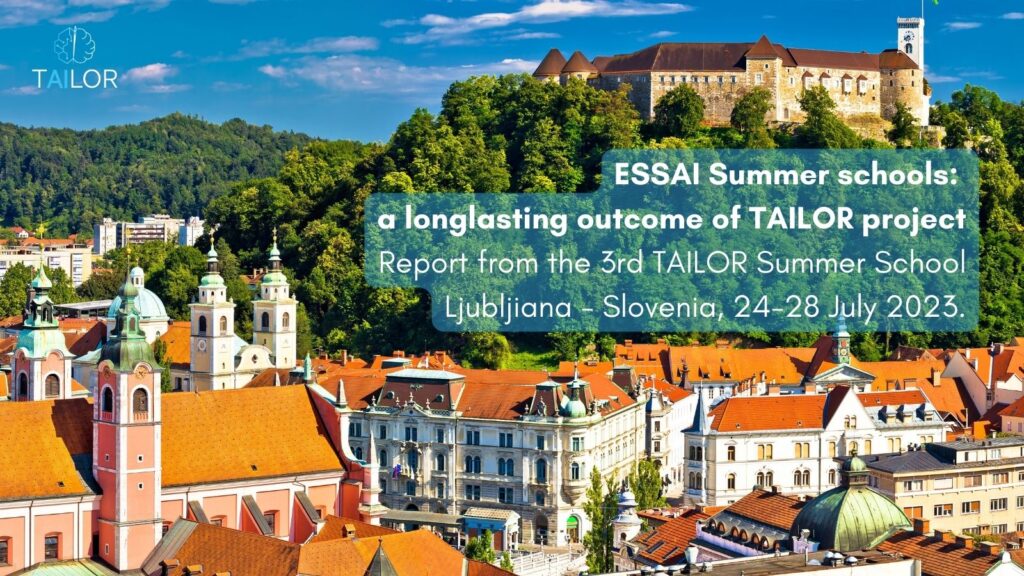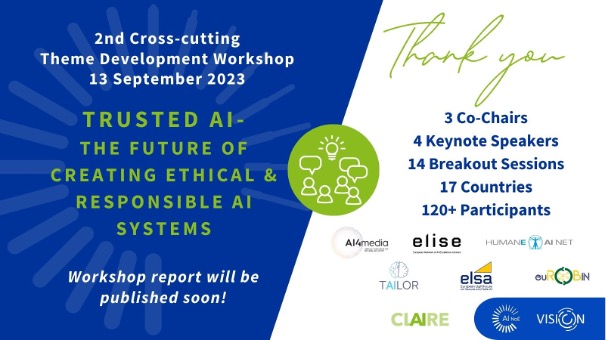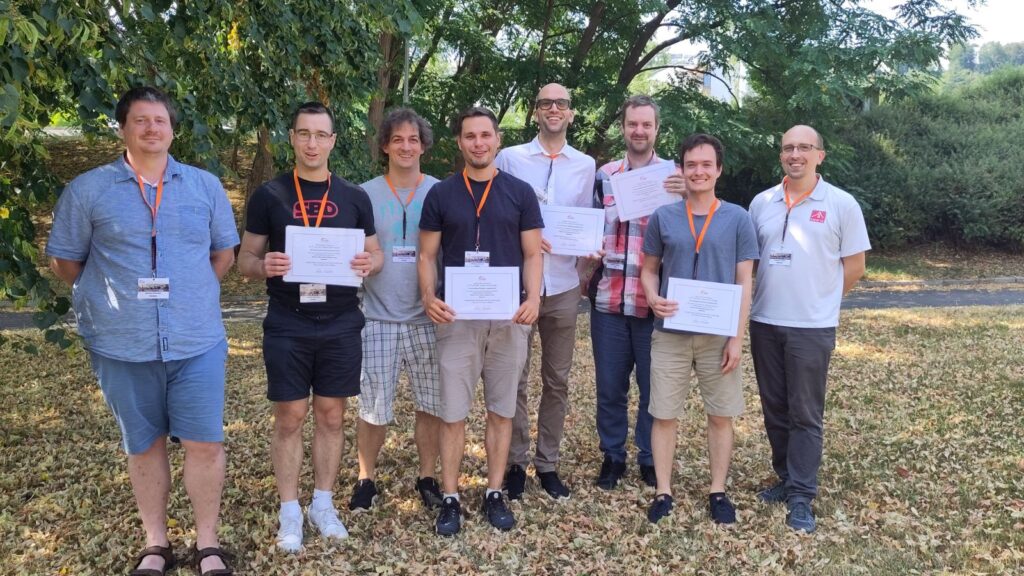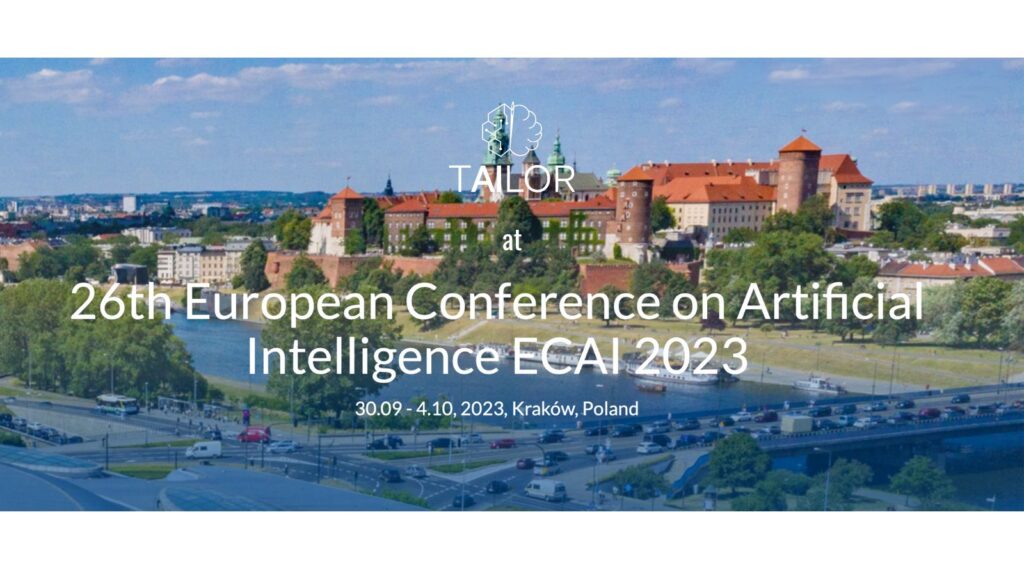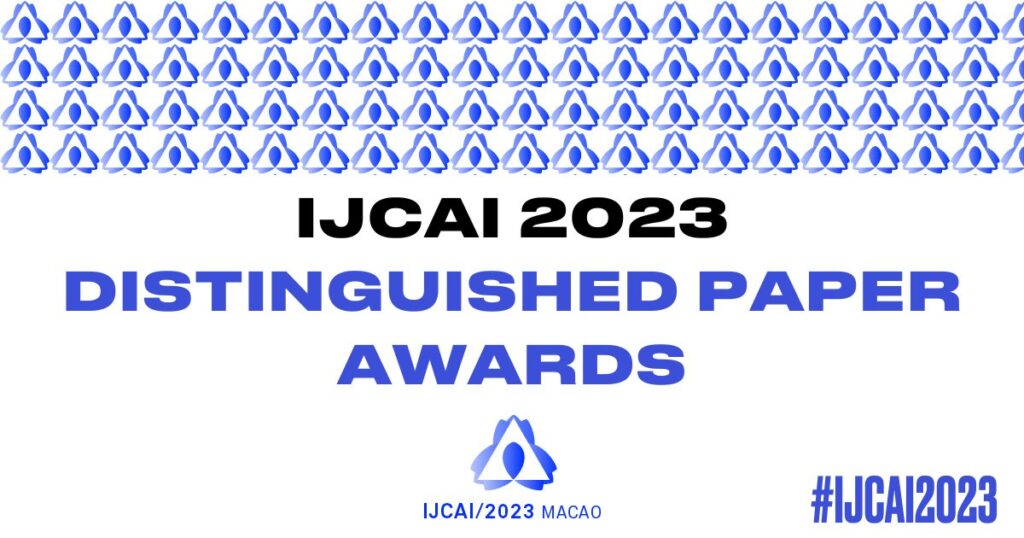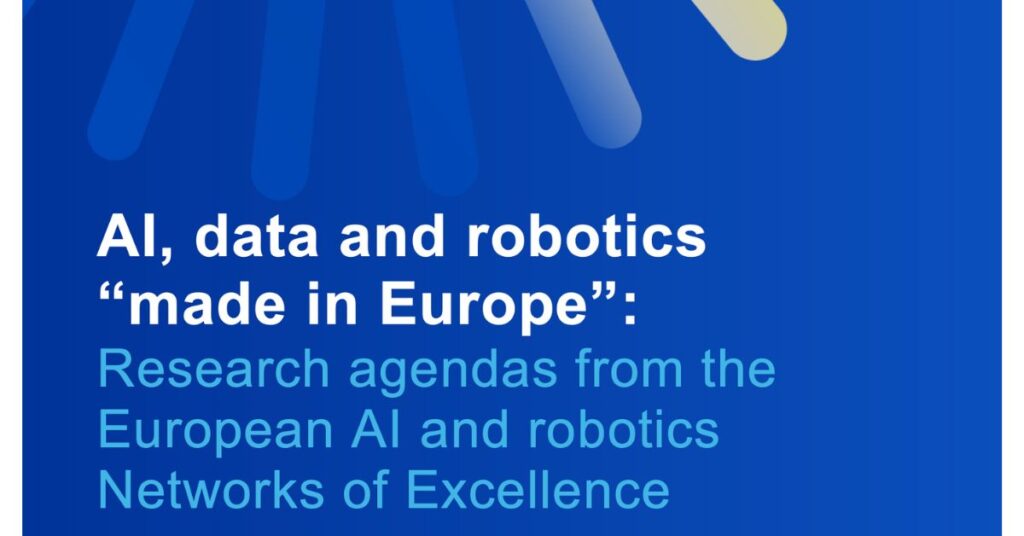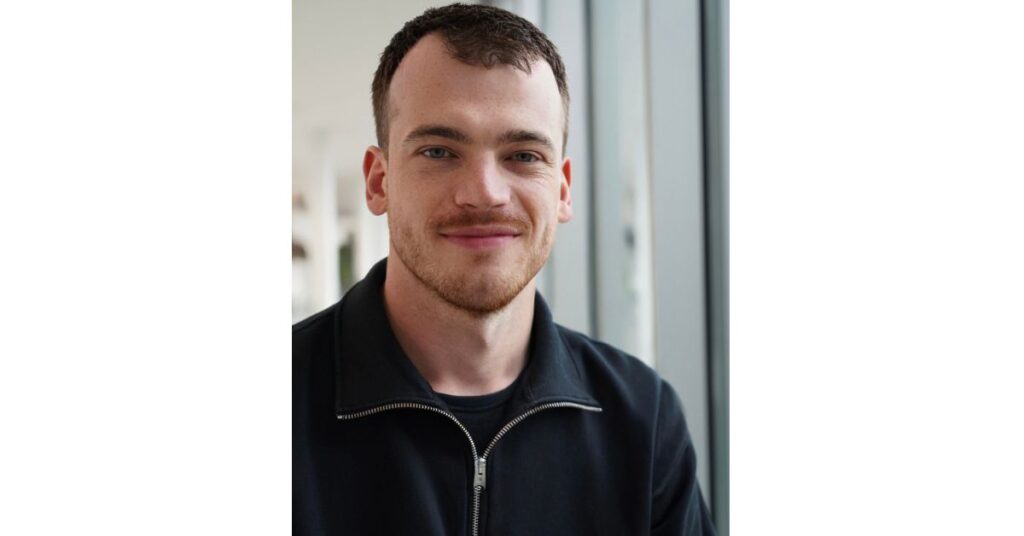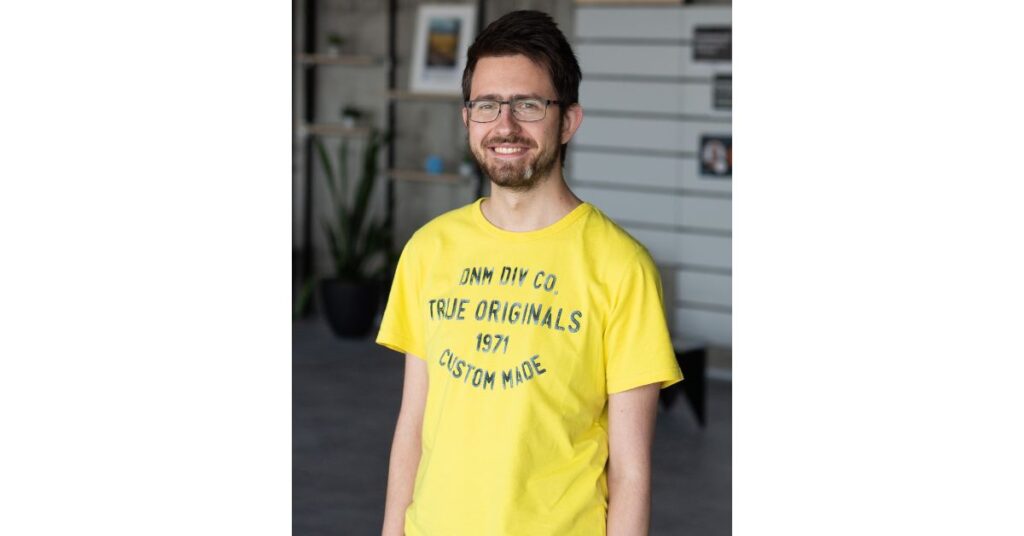Mind the Avatar’s Mind
This Data Challenge asks data science problems in the context of urban energy sustainability. More precisely, the focus of the challenge is on sensor data from a smart-building located on a university campus. The building is a so-called multi-tenant building, which means that it is used by different types of organizations. The Data Challenge addressed […]
Mind the Avatar’s Mind Read More »

